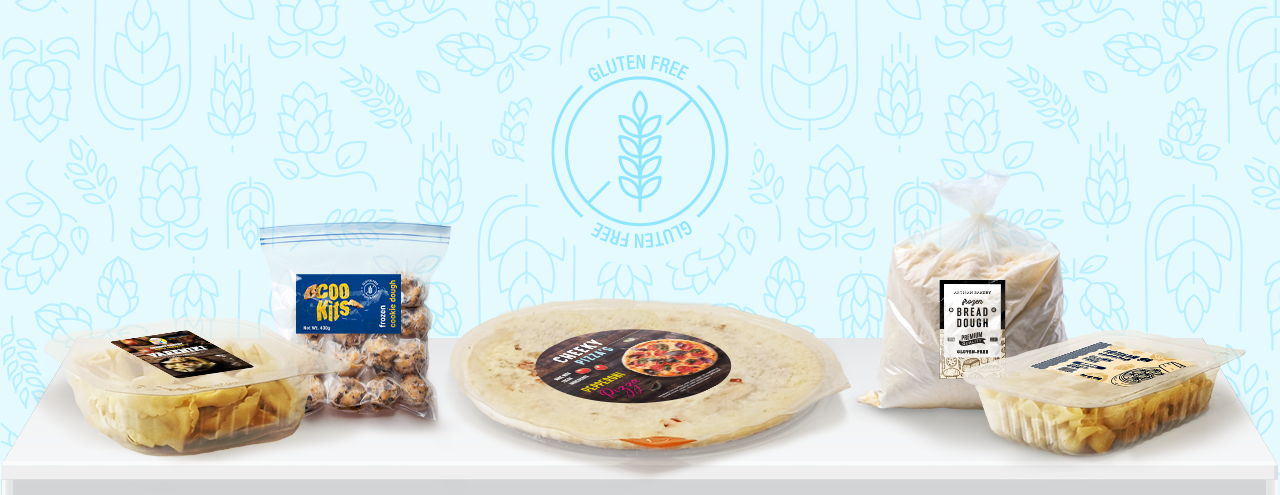Gluten has been getting a negative reputation lately because many people are discovering that they are intolerant to this ingredient. People with celiac disease or some other problem caused by gluten consumption need to stay away from a long list of food products, including many types of bread, pasta, couscous, cookies, muffins, cereal, flour tortillas, beer, and more.
Food producers are reacting quickly to this relatively new situation on the market and we already have a high competition among gluten-free food manufacturers. To be able to rise above the competition and interest the consumers in your gluten-free baked product, you need to include all the right information on your food label, both mandatory and voluntary.
Mandatory Label Information for Gluten-Free Baked Goods
All packaged baked products sold within the United States need to follow the FDA regulations for food labeling. The agency protects the consumer’s interest by prescribing very detailed instructions on how food producers should include important information on their product. Some food producers are exempted from FDA’s mandatory food labeling, such as small businesses, food producers who only produce and sell food within one state, and a few other groups, but most packaged food products need to include a label with the following information:
- Common name of the product (for example, “Cookie dough”)
- Net contents in grams
- Name and address of the business owner, distributor or packer
- Ingredients list (from the heaviest to the lightest ingredient)
- Allergens information
- Nutrition facts label (showing the prescribed serving size and nutrients, vitamins and minerals present)
Voluntary Label Claims for Gluten-Free Products
To appease gluten-intolerant people and perhaps attract some other, health-conscious consumer groups as well, you are allowed to make health claims on your product label, as long as it is “truthful and not misleading”, as the FDA instructs. Making claims such as “gluten-free”, “organic”, “sugar-free” and similar can be dangerous if the claim does not correspond to the true state of the product. Though products are not approved by the FDA before they go on the market, the FDA can penalize the manufacturer and pull the product from the market if upon inspection they find out it does not meet appropriate standards and regulations.
Choosing Freezer-Safe Labels for Gluten-Free Baked Goods
Many gluten-free foods are packaged, frozen and sold in supermarkets. These products include pizza crusts, pies, pasta, cookie dough, etc. They are easy to bake and make for quick and delicious meals.
Since these products are frozen and kept at very low temperatures, it is important to create adequate labels that will stick to the product in freezing conditions for as long as the product remains frozen. Not every label can accomplish that and certainly not regular, all-temp adhesive stickers made out of low quality paper.
We at FreezerLabels.net have experience with freezer food labels and we know how to make a combination of freezer label materials that will be the most suitable for different brands and specific situations. We take into consideration everything that could affect the final product:
- Required number of labels
- Available budget
- Labels color and size
- The product’s intended duration
- Whether you need blank stickers or custom pre-printed labels
- Whether the labels will be applied before or after freezing the product, etc.
We make sure that your product stickers look professional and stay applied on the frozen product as long as needed.

